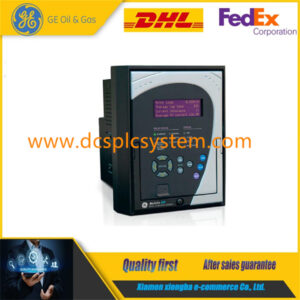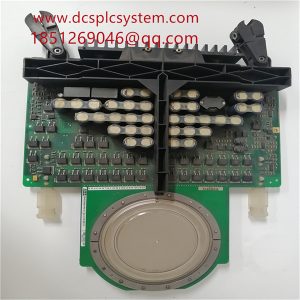Description
TC520 3BSE001449R1 Graphics Expansion Module
The TC520 3BSE001449R1 is a small, easy-to-install external box – no need to open the computer to plug in additional components. The operating system detects the GXM as an ultra-wide screen display and then splits it into two or more standard resolutions compatible with the connected displays, while utilizing all 2D, 3D, and video acceleration with the graphics hardware already in the system. Fast data transfer and processing is supported by the IMT-1 through either a WLAN or optional WWAN connection. The tablet’s sunlight-readable display is clear and easy to view in even the brightest outdoor environments.
The TC520 3BSE001449R1 provides alternate routing of data to help restore the network. In addition, the module includes industrial IT features such as an embedded Web server, FTP server, and e-mail client.The Anybus-CC module comes in a housing that is the size of a compact flash memory card. At the heart of the module is HMS’s NP30 microprocessor, which integrates a Fast Ethernet controller as well as RAM and flash memory for the Ethernet/IP device software stack. The on-board 2-port switch provides two 100 Mbit/s full-duplex Ethernet interfaces and RJ45 connectors.
TC520 3BSE001449R1 features include support for up to 512GB of DDR4 1600/1866/2133 DIMM memory, 2.5-inch/3.5-inch hard drive bays, 650W power supply with redundancy, PCIe slots for expansion cards, and five hot-swappable fans. The module’s hardware performance integrates WAN optimization, intrusion detection/prevention, network access control, load balancing, Web content filtering, unified threat management, and next-generation firewalls into a single system, delivering multiple functions without the need to invest in a single appliance.










